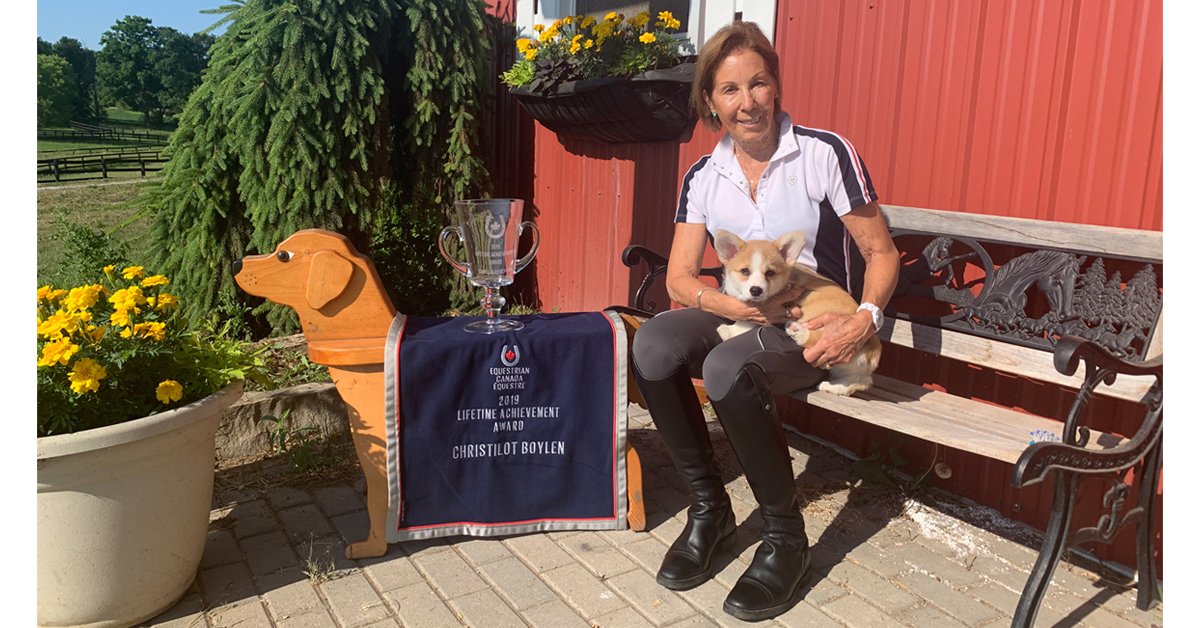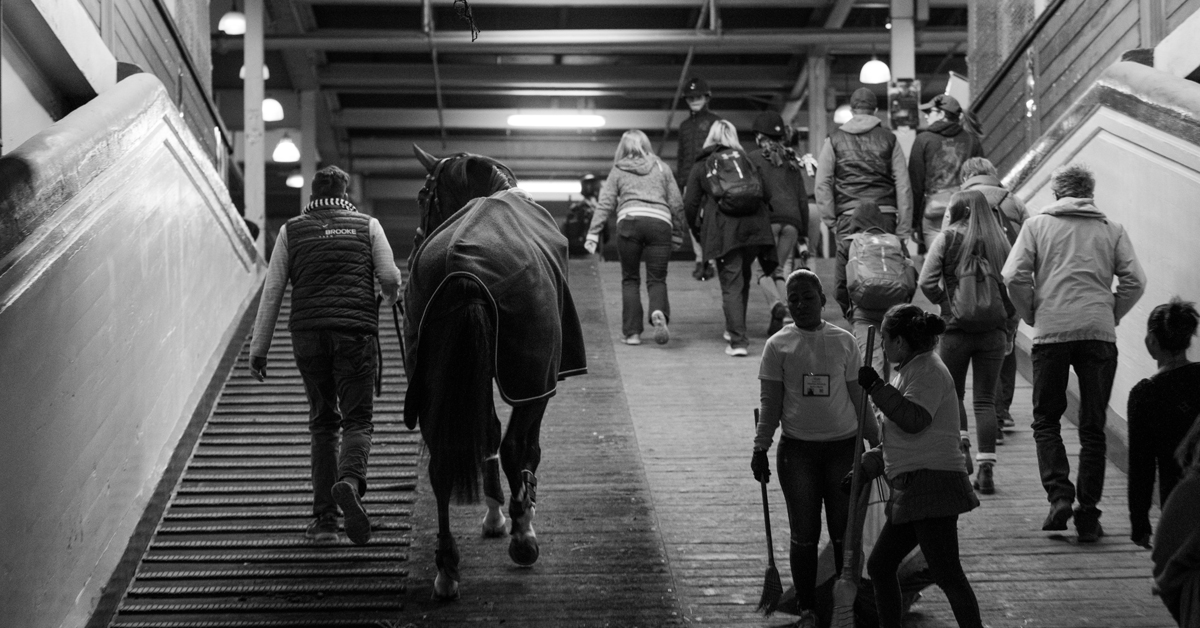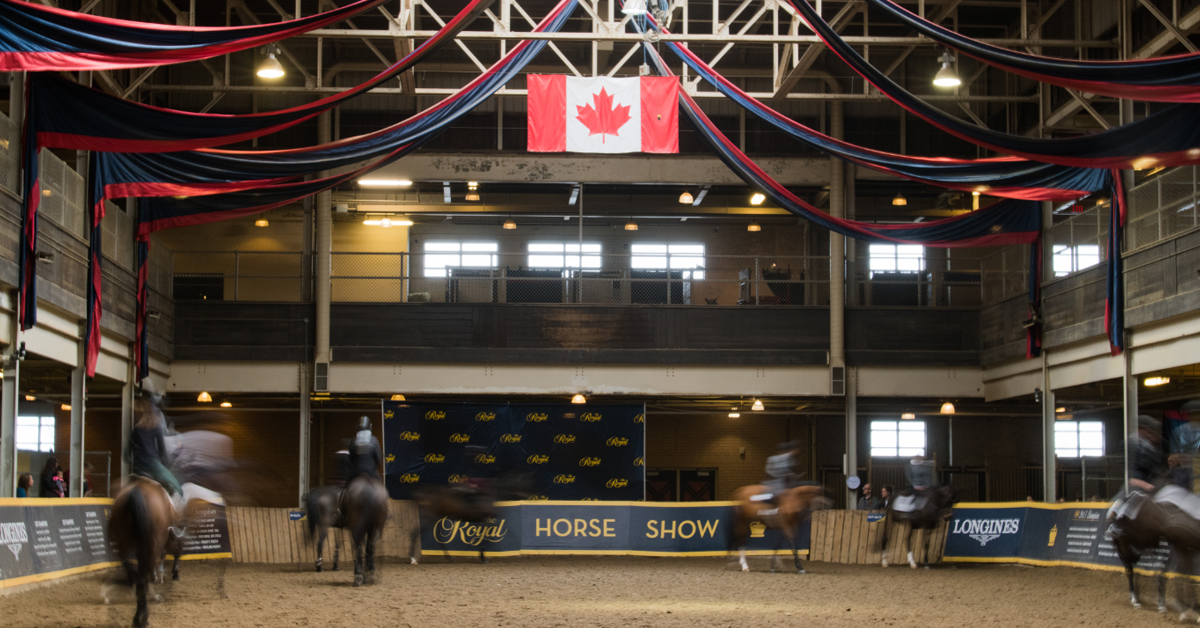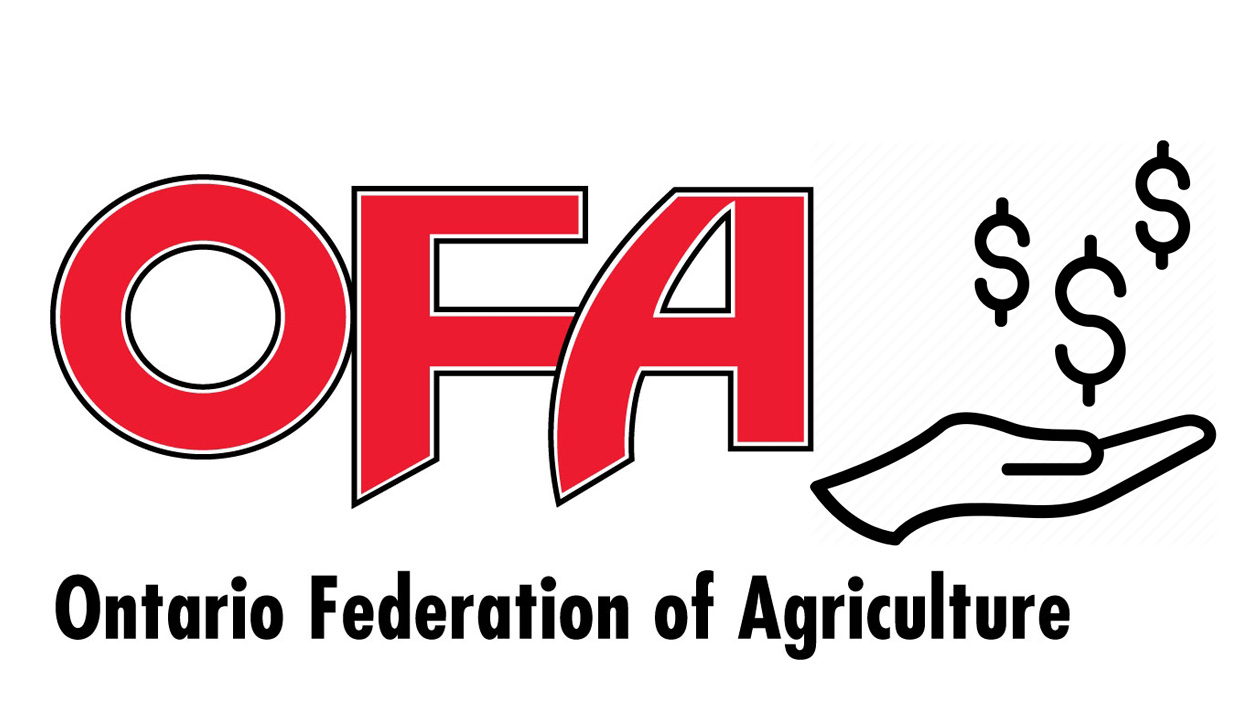Each year, horses travel all over the world to compete at prestigious FEI events. It is no secret that the FEI has strict rules about banned substances and the items used to administer them. It is also not a secret that when a horse traveling from another country is quarantined, it cannot leave the premise at any time, and even if it not competing, must remain under strict supervision. Almost every horse in a quarantine travels with an emergency kit, which may include a syringe, needle and medication. So what happens when these worlds collide?
As FEI stabling and quarantines coincide, the rules can become a bit blurry. FEI stabling states that persons responsible must deposit all syringes, needles and prohibited substances into safekeeping with the veterinary commission/delegate prior to the commencement of the event. Any person other than a veterinarian authorized by the veterinary commission/delegate found in possession of syringes, needles or any prohibited substance(s) will be deemed to have contravened these regulations and is liable to be penalized.
The rule continues, emphasizing that although the person responsible is liable for the supervision of his/her horse at all times an important factor in the control of prohibited substances is the strictest practical stable security. Reduction or absence of stable security presence does not relieve the person responsible from any duty of care.
The implication of this rule has a major impact on exhibitors traveling to other countries with horses held in a quarantine facility at the horse show. While an exhibitor can deposit all syringes, needles and prohibited substances into safekeeping with the veterinary commission upon arrival, what happens on the off days of the shows, when it is not customary for a veterinary to be on the premises?
During a show in which the FEI facilities is being maintained, a veterinarian is required to be available to treat horses in case of an emergency. But what if no arrangements are made to have a secured facility in the quarantine facility available, to which exhibitors, in case of an emergency, can attain access during non-show periods?
All parties’ first concern is the care and safety of the horses. A strict reading of the rules could potentially have dire consequences if a syringe, even if without a needle and prohibited substance is located within the facilities. If a horse needs immediate treatment in quarantine during the off day of the show, the caretakers risk elimination from the show that they traveled to because a veterinarian is not required to be on site.
The final part of the rule causes even more issues for the horses handlers, because FEI facilities do not always have the strictest, most practical stable security, as plainly stated, and reduced or absence of stable security does not relieve a person’s responsibility for any duty of care under the rules. It is therefore important for owner of any horse or anyone associated with the care and custody of a horse in an FEI Facility to monitor security and make appropriate arrangements if there is reduced or absence of security. An exhibitor should also report this to the horse show management in the case of reduced or absence of security.
The ways the rules are currently set, anyone responsible for a quarantined horse at FEI facilities may consider the use of a turkey baster instead of a syringe for administrating any dosing to a horse of any substance.

Robin Trupp
With 30 years of experience in the courtroom, and winning experience in the saddle as well, attorney Robin Trupp offers experience to the equestrian industry. Trupp is a partner maintaining a full-time litigation practice in the Tampa and West Palm Beach offices of Greenspoon Marder. He also competed in the show jumping ring for many years, including in the American Gold Cup and the American Invitational. Trupp’s skill set allows him to offer legal experience for equine professionals.
More from Horse Sport:




